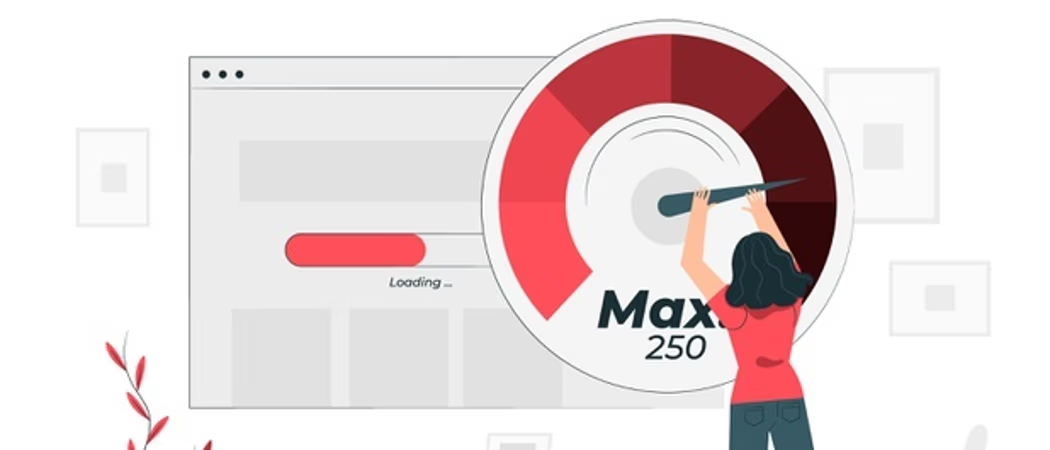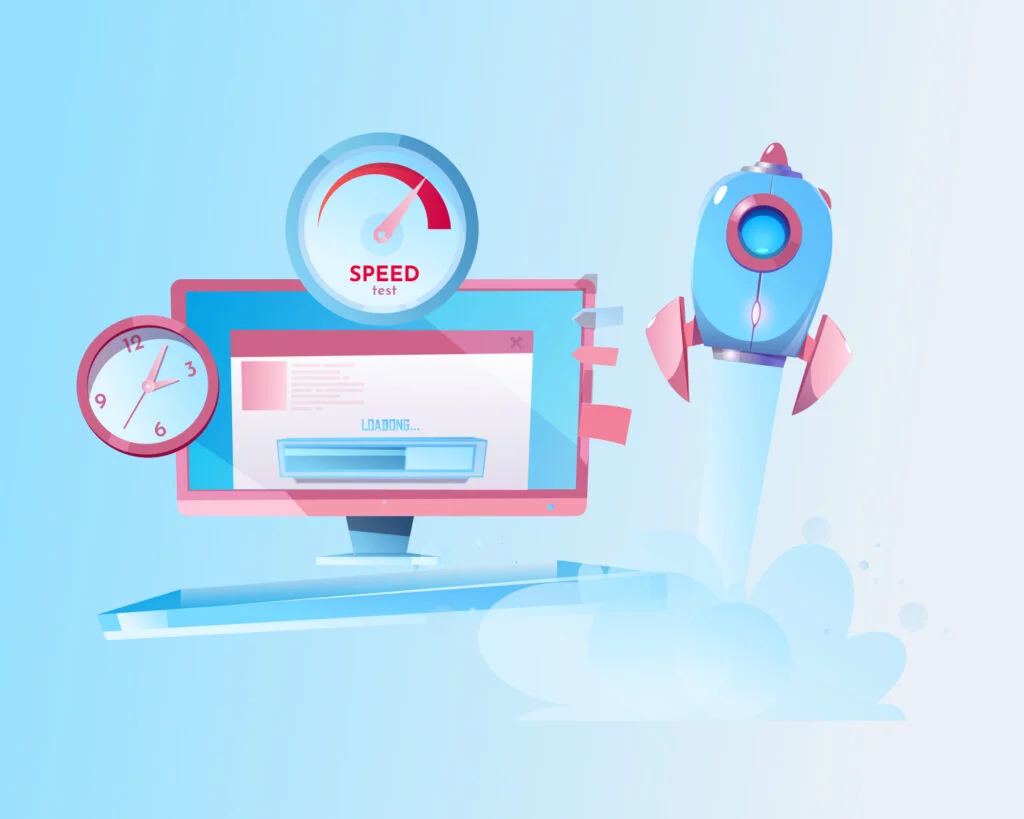Optimizing CodeIgniter Performance: Techniques to Improve Application Speed
CodeIgniter is known for being a lightweight and fast PHP framework, but even high-performing frameworks can suffer from slowdowns if not optimized properly. Whether you're developing a large-scale application or a simple site, improving speed enhances user experience and server efficiency. This blog outlines effective techniques to optimize CodeIgniter performance and keep your applications running smoothly.
1. Use Caching Wisely
Caching reduces the need to reprocess the same data, dramatically improving performance.
Techniques:
- Output Caching: Use $this->output->cache(n) to cache full page views.
- Query Caching: Use $this->db->cache_on() and $this->db->cache_off() for database queries.
- Opcode Caching: Enable OPcache in your PHP configuration to speed up script execution.
2. Optimize Database Queries
Heavy or unoptimized queries can slow your application significantly.
Techniques:
- Select only necessary columns (avoid SELECT *).
- Use database indexing where applicable.
- Profile queries using $this->db->last_query() or enable CodeIgniter's profiler.
- Reduce joins and subqueries where possible.
3. Minimize Libraries and Helpers
Loading unnecessary libraries, helpers, or models can bloat memory usage.
Techniques:
- Only autoload essential components in application/config/autoload.php.
- Load others dynamically using $this->load->library() or $this->load->helper() as needed.
4. Enable Compression
Compressing your output reduces the amount of data sent to the browser.
Technique:
Enable Gzip compression in your .htaccess or CodeIgniter configuration:
5. Use Lightweight Views
Heavy view files with lots of logic or unnecessary HTML can slow rendering.
Techniques:
- Move logic from views to controllers or models.
- Use partials for reusable components.
- Minify CSS and JavaScript files.
6. Leverage Content Delivery Networks (CDNs)
CDNs can serve static content like images, CSS, and JS files faster by using servers closer to the user.
7. Reduce HTTP Requests
Each resource requested by the browser adds overhead.
Techniques:
- Combine multiple CSS or JS files.
- Use image sprites or SVGs.
- Lazy load images.
8. Optimize Config and Routing
Efficient configuration and routing can reduce server-side processing.
Techniques:
- Disable unnecessary hooks or custom routing.
- Use direct routing when possible.
- Avoid wildcards if not required.
9. Upgrade PHP Version
Newer PHP versions offer better performance and improved memory handling. CodeIgniter 3 and 4 both run better on PHP 7.4+.
10. Monitor and Profile Performance
Use tools like:
- CodeIgniter’s built-in Profiler ($this->output->enable_profiler(TRUE))
- External services: New Relic, Blackfire.io, or Xdebug for deeper insights.
Final Thoughts
Optimizing a CodeIgniter application doesn’t always require massive changes—small tweaks can lead to major performance gains. Focus on efficient database use, caching, minimal resource loading, and clean code structure. With these strategies, your CodeIgniter applications will be faster, more scalable, and ready for growth.















